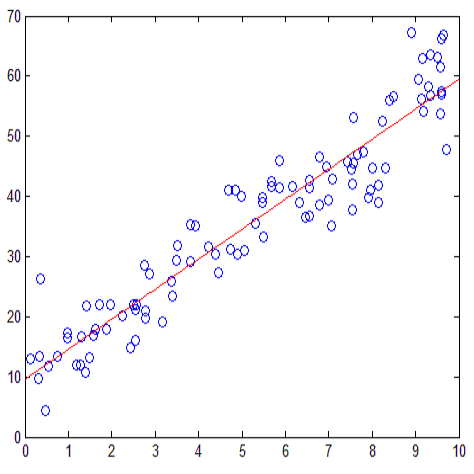We introduce a new sorting algorithm that is the combination of ML-enhanced sorting with the In-place Super Scalar Sample Sort (IPS4o). The main contribution of our work is to achieve parallel ML-enhanced sorting, as previous algorithms were limited to sequential implementations. We introduce the In-Place Parallel Learned Sort (IPLS) algorithm and compare it extensively against other sorting approaches. IPLS combines the IPS4o framework with linear models trained using the Fastest Minimum Conflict Degree algorithm to partition data. The experimental results do not crown IPLS as the fastest algorithm. However, they do show that IPLS is competitive among its peers and that using the IPS4o framework is a promising approach towards parallel learned sorting.
翻译:我们引入了一种新的排序算法, 即 ML 增强的排序组合, 与本地超级卡拉样样排序( IPS4o) 相结合。 我们工作的主要贡献是实现平行的 ML 增强的排序, 因为以前的算法仅限于相继实施。 我们引入了 Place 平行排序算法( IPLS), 并与其他排序方法进行广泛比较 。 IPLS 将 IPS4o 框架与其他排序方法进行广泛比较 。 IPS4o 框架与使用最快速最低冲突度算法培训的线性模型结合起来, 以共享数据 。 实验结果并没有将 IPLS 冠以最快的算法 。 但是, 它们确实表明 IPLS 在同行中具有竞争力, 使用 IPS4o 框架对于平行的排序是一种很有希望的方法 。



